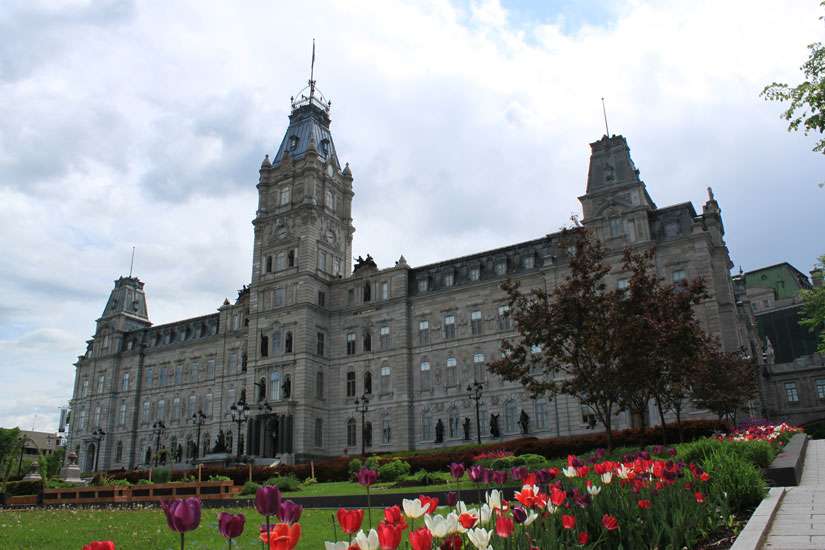Quebec's appeal court ruled that the province's controversial Bill-52 can be implemented pending a decision by three judges following a Dec. 18 hearing.
They will hear a government appeal of a lower court ruling that last week granted an injunction to block the Dec. 10 implementation of the so-called "medical aid in dying" legislation.
Although Bill-52 is now technically the law in Quebec it appears unlikely that any doctor will cause a patient's death until the courts have made final rulings.
Quebec Justice Minister Stephanie Vallée said she hopes the appeal court will rule that Bill-52 can be "immediately adopted."
The government appeal arose after a judge granted an injunction on Dec. 1 to prevent the intentional death of patients who wanted to die until there was a resolution of an outstanding case before the Supreme Court of Canada.
Doctor Paul Saba and his patient Lisa D'Amico convinced the court that Quebec's proposed law was incompatible with provisions of the Canadian criminal Code.
“Murder should remain a murder,” said D’Amico. “There's no reason why a physician could be allowed to kill a citizen that is sick.”
Government lawyers argued that a Supreme Court decision last February, which will make assisted suicide legal in Canada, made no mention of incompatibility and that, besides, Bill-52 is end of life health care, not a matter subject to the Criminal Code.
"The difference between Quebec and the other provinces is we have legislation that's very clear on the end of life care that is available here in Quebec, and of the choices that have been made by the MNAs here in the National Assembly," said Vallée. "There's been a broad consultation. There's been a lot of exchanges and reflection on end of life care, and we of all the provinces, have something."
When the Supreme Court struck down the federal law in February that classified physician-assisted death a crime, it gave the federal government until February 2016 to write a new law to specify how adults suffering from unbearable mental or physical pain could end their lives. Ottawa has requested a six-month extension, until Aug. 6, to draft that law. Meantime, it wants a moratorium on doctor-assisted death. Quebec, though, is seeking court consent to proceed immediately with its Bill-52, that would allow doctors to give lethal injections to qualified terminally ill patients.
Many doctors have said they will not risk becoming involved in patient assisted suicide while the matter is still before the courts because under current federal law they risk being prosecuted.


